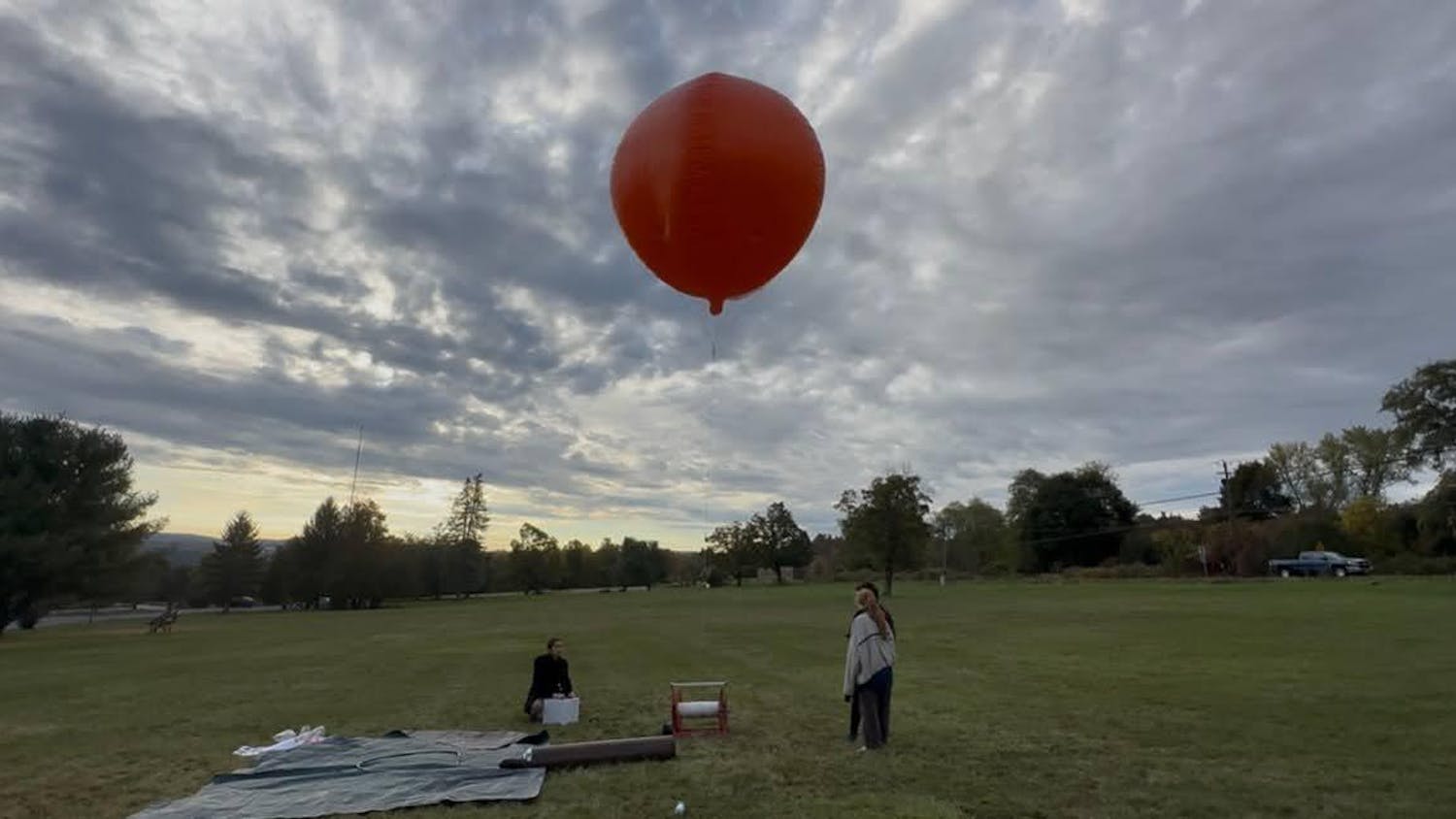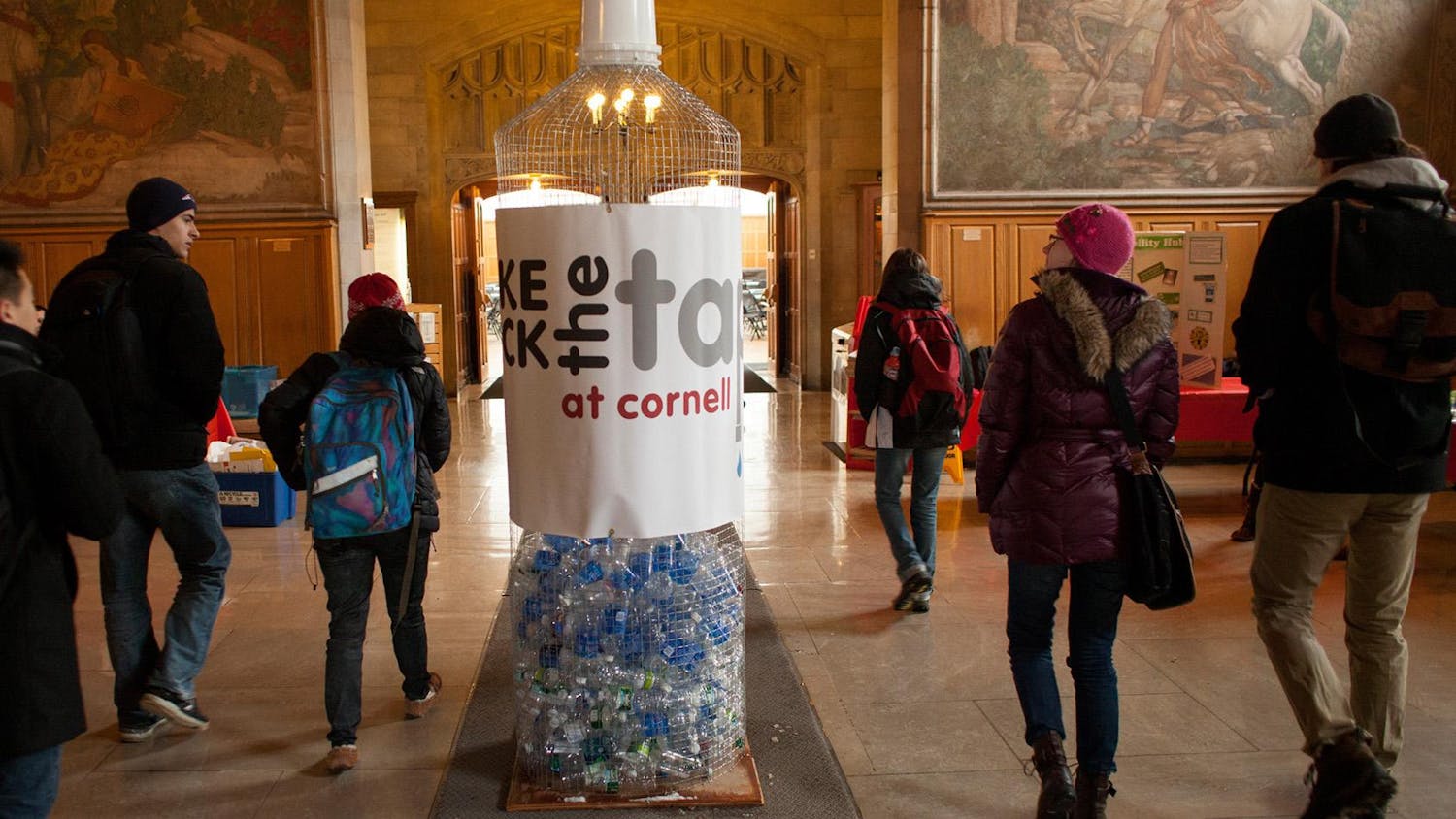After being found by a federal court to have misused funding intended for HIV/AIDS research, Weill Cornell Medical College paid the government and a whistleblower about $1.6 million on Friday, according to an attorney for the lawsuit’s plaintiff. In 2003, former Cornell research fellow Dr. Daniel Feldman alleged in a formal complaint that WCMC researchers spent less than half of their time studying HIV/AIDS — the topic they received federal funds from the National Institute of Health to research. Although WCMC’s application for the NIH grant stated that “the majority of [the fellows’] clinical work will be with persons with HIV infection,” a federal court found in July 2010 that only three of the 163 patients WCMC fellows worked with were HIV-positive. Most of the patients who participated in the studies “were patients, but they weren’t patients who were coming in for HIV [treatment],” according to Michael Salmanson, Feldman’s attorney. The University filed an appeal in 2010, but in September, a federal appeals court affirmed the lower court’s ruling, ordering the University to pay more than $800,000 in damages. John Rodgers, director of communications for WCMC, said in an email Thursday that while the college is “disappointed in the verdict,” it would not appeal the case to the Supreme Court. Of the $1.6 million, Cornell paid the government more than $800,000 — the equivalent of three times the value of the NIH funds it received, Salmanson said. In addition, the University has paid Feldman and his counsel approximately $740,000, according to Salmanson. Salmanson applauded the court’s decision, saying that the NIH’s grants are dependent on “the good faith representation of the people.” “It’s really important that there be a mechanism … for the government to get their money back,” Salmanson said. He added that he is pleased that the legal battle over WCMC’s alleged fraud — which began in 2003 — has finally ended. “We’re very happy that after nine years of litigation and 13 years since Dr. Feldman expressed his concerns … the government is getting its money back and the matter is finally being brought to a close,” Salmanson said. In the nine years of litigation over the case, it attracted “a lot of attention in legal circles,” Salmanson added. Feldman initially filed the case in a federal district court under the False Claims Act. When the defendants — WCMC and Dr. Wilfred van Gorp, who ran the research program — appealed that court’s ruling, the judge found that there was sufficient evidence that the defendants had committed fraud, according to Salmanson. The court found that WCMC and Gorp — who no longer works at WCMC — falsified claims about how it used the NIH funds on three separate occasions from 2001 to 2003. Van Gorp’s legal counsel, Nina Beattie, said in court documents that Feldman would have been able to work with 138 patients with HIV had he stayed in WCMC’s research program for the three years of its existence. “All the other fellows testified that they spent the majority of time doing research,” Beattie said. Instead of staying with the program, Feldman left the program after just 15 months because he “wanted to make more money on an Internet startup company,” Beattie claimed in the documents. But Salmanson said that Beattie confused “cause and effect,” arguing that Feldman left WCMC’s program early because he was unhappy with it. Original Author: Kritika Oberoi
After Court Says Weill Cornell Medical College Defrauded Government, University Pays $1.6 Million
Reading time: about 3 minutes
Read More










